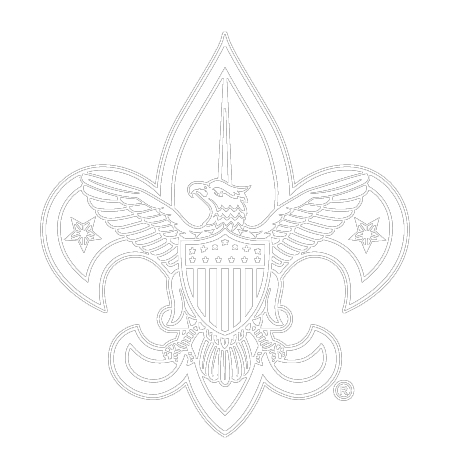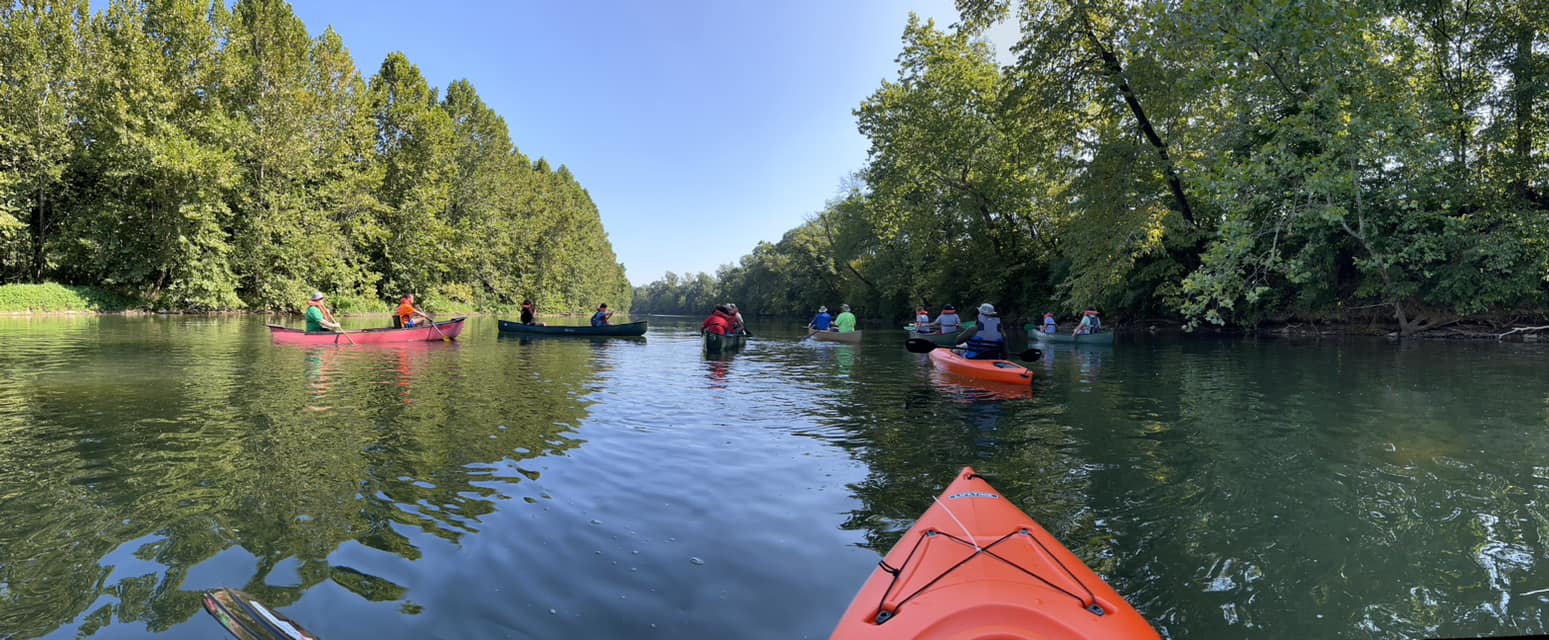The Patrol System is one essential feature in which Scout training differs from that of all other organizations, and where the System is properly applied, it is absolutely bound to bring success. It cannot help itself! The formation of the boys into Patrols of from six to eight and training them as separate units each under its own responsible leader is the key to a good Troop. The Patrol is the unit of Scouting always, whether for work or for play, for discipline or for duty.
– Lord R. S. Baden-Powell
Patrol Leaders’ Council
PLC Meets the third Monday, 7 p.m. at Grace Community Church, 5146 Dickerson Road, Charlottesville, VA 22911
The patrol leaders’ council is made up of the senior patrol leader, who presides over the meetings; the assistant senior patrol leader, all patrol leaders, and the troop guide. The patrol leaders’ council plans the yearly troop program at the annual troop program planning conference. It then meets monthly to fine-tune the plans for the upcoming month.
What does Boy Leadership mean?
- Patrol Leader
- Senior Patrol Leader
- Assistant Senior Patrol Leader
- Quartermaster
- Scribe
- Historian
- Librarian
- Chaplain
- Den Chief
- Webmaster
Elections are held twice a year (August/February). Candidates for Senior Patrol Leader (SPL) are nominated and make speeches. All Scouts then vote by ballot to elect the SPL. Once SPL is elected, individual patrols elect their patrol leaders. Scouts interested in appointed positions (ie ASPL, QM, Scribe, Historian, Chaplain) should approach the newly elected SPL.
Patrol Leader
The patrol leader is the top leader of a patrol. He represents the patrol at all patrol leaders’ council meetings and the annual program planning conference and keeps patrol members informed of decisions made. He plays a key role in planning, leading,
and evaluating patrol meetings and activities and prepares the patrol to participate in all troop activities. The patrol leader learns about the abilities of other patrol members and full involves them in patrol and troop activities by assigning them specific tasks and responsibilities. He encourages patrol members to complete advancement requirements and sets a good example by continuing to pursue his own advancement.
Senior Patrol Leader
The senior patrol leader is the top leader of the troop. He is responsible for the troop’s overall operation. With guidance from the Scoutmaster, he takes charge of troop meetings, of the patrol leaders’ council, and of all troop activities, and he does
everything he can to help each patrol be successful. He is responsible for annual program planning conferences and assists the Scoutmaster in conducting troop leadership training. The senior patrol leader presides over the patrol leaders’ council
and works closely with each patrol leader to plan troop meetings and make arrangements for troop activities. All members of a troop vote by secret ballot to choose their senior patrol leader. Rank and age requirements to be a senior patrol leader are
determined by each troop, as is the schedule of elections. During a Scout’s time as senior patrol leader, he is not a member of any patrol but may participate with a Venture patrol in high-adventure activities.
Assistant Senior Patrol Leader
The assistant senior patrol leader works closely with the senior patrol leader to help the troop move forward and serves as acting senior patrol leader when the senior patrol leader is absent. Among his specific duties, the assistant senior patrol leader trains and provides direction to the troop quartermaster, scribe, historian, librarian, instructors, and Order of the Arrow representative. During his tenure as assistant senior patrol leader he is not a member of a patrol, but he may participate in the high-adventure activities of a Venture patrol. Large troops may have more than one assistant senior patrol leader, each appointed by the senior patrol leader.
Quartermaster
The quartermaster is the troop’s supply boss. He keeps an inventory of troop equipment and sees that the gear is in good condition. He works with patrol quartermasters as they check out equipment and return it, and at meetings of the patrol leaders’ council he reports on the status of equipment in need of replacement or repair. In carrying out his responsibilities, he may have the guidance of a member of the troop committee.
Scribe
The scribe is the troop’s secretary. Though not a voting member, he attends meetings of the patrol leaders’ council and keeps a record of the discussions. He cooperates with the patrol scribes to record attendance and dues payments at troop meetings and to maintain troop advancement records. A member of the troop committee may assist him with his work.
Historian
The historian collects and preserves troop photographs, news stories, trophies, flags, scrapbooks, awards, and other memorabilia and makes materials available for Scouting activities, the media, and troop history projects.
Librarian
The troop librarian oversees the care and use of troop books, pamphlets, magazines, audiovisuals, and merit badge counselor lists. He checks out these materials to Scouts and leaders and maintains records to ensure that everything is returned. He may also suggest the acquisition of new literature and report the need to repair or replace any current holdings.
Chaplain Aide
The chaplain aide assists the troop chaplain (usually an adult from the troop committee or the chartered organization) in serving the religious needs of the troop. He ensures that religious holidays are considered during the troop’s program planning process and promotes the BSA’s religious emblems program.
Den Chief
The den chief works with a den of Cub Scouts and with their adult leaders. He takes part in den meetings, encourages Cub Scout advancement, and is a role model for younger boys. Serving as den chief can be a great leadership experience for a
Boy Scout.
Webmaster
The troop webmaster is responsible for maintaining the troop’s website. He should make sure that information posted on the website is correct and up to date and that members’ and leaders’ privacy is protected. A member of the troop committee may assist him with his work.

